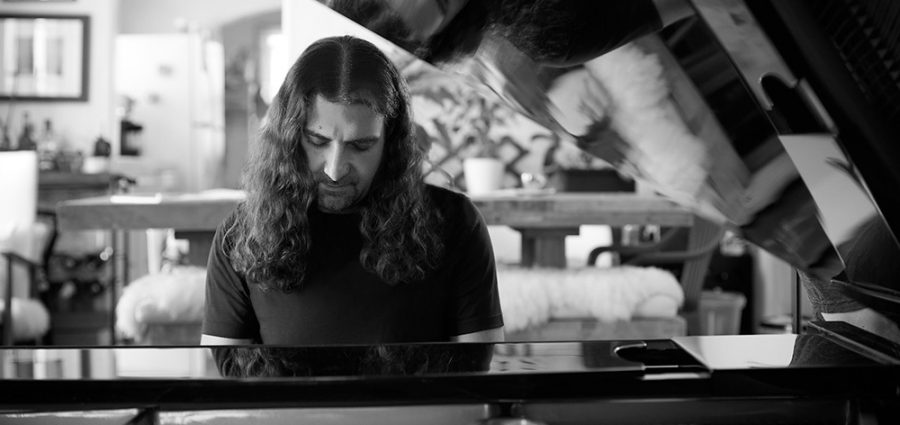Gabriele Ciampi writes his first soundtrack created for a book. His piece Infinito will accompany the photographs in Holy, the new work by American photographer Donna Ferrato, which rattles the cage against the forces that prevent women’s progress. Ferrato is collaborating with Ciampi because of his artistic sensitivity and his commitment to women’s rights.
The haunting tone of this piece complements the photographs which are sometimes shocking but more often inspiring, joyful and revolutionary. In the book, women’s real stories spanning fifty years create a world where women have the power. Ferrato’s message is that women must resist sublimation. Know their value. Defend their rights as women, mothers, daughters and others who respect the almighty female spirit. Fighting for Her freedom because there is nothing left to lose.
The Holy video, which will be distributed worldwide by Universal Music Group November 25 on International Violence Against Women’s Day, is considered an avant-garde experiment that shows how art finds new synergies going beyond the boundaries.
For the first time, Ciampi himself will be at the piano, whose subdued, intimate harmonies start an urgent dialogue with Livia de Romanis’ cello, in an intense and growing melody. “The latest exploration where my intrepid companion, Music, leads me. I wrote Infinito in the traditional way,” the Maestro explains, “at the piano with paper and pencil: for me, phrases that start with the hands on the piano bring the emotions to life”.
The images of Holy combined with Infinito becomes more than just music; reveals the ethics of love. The balance between the piano and Livia de Romanis’ cello tells the story better than words. “In this piece,” Ciampi explains, “there is a balance between man and woman and when there is this union something wonderful is born. Livia, as always, was free to put in something of herself, and her sensitivity gives the cello that feminine touch that a man could never have.”






